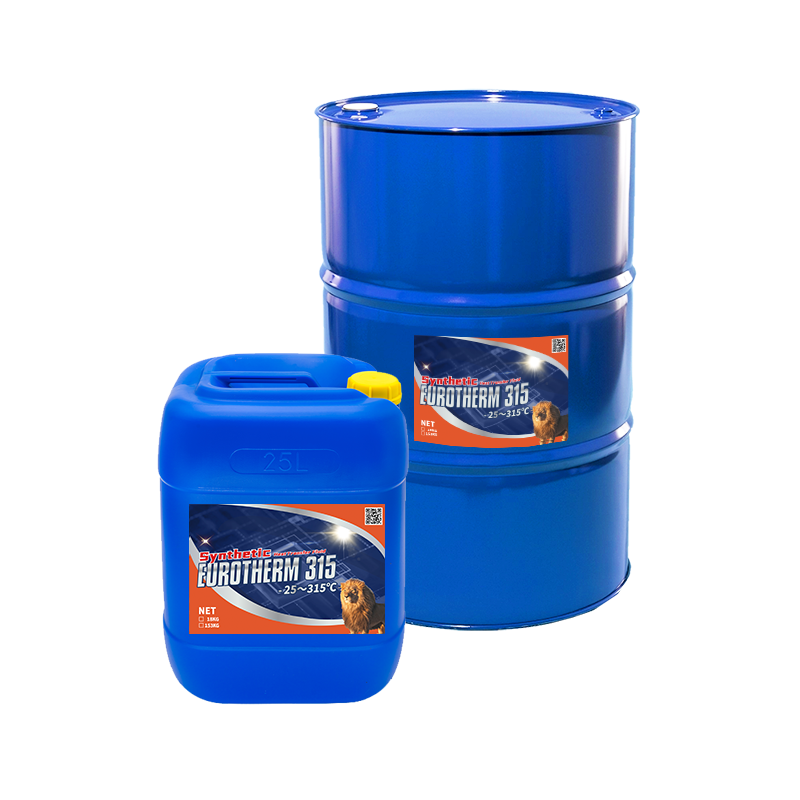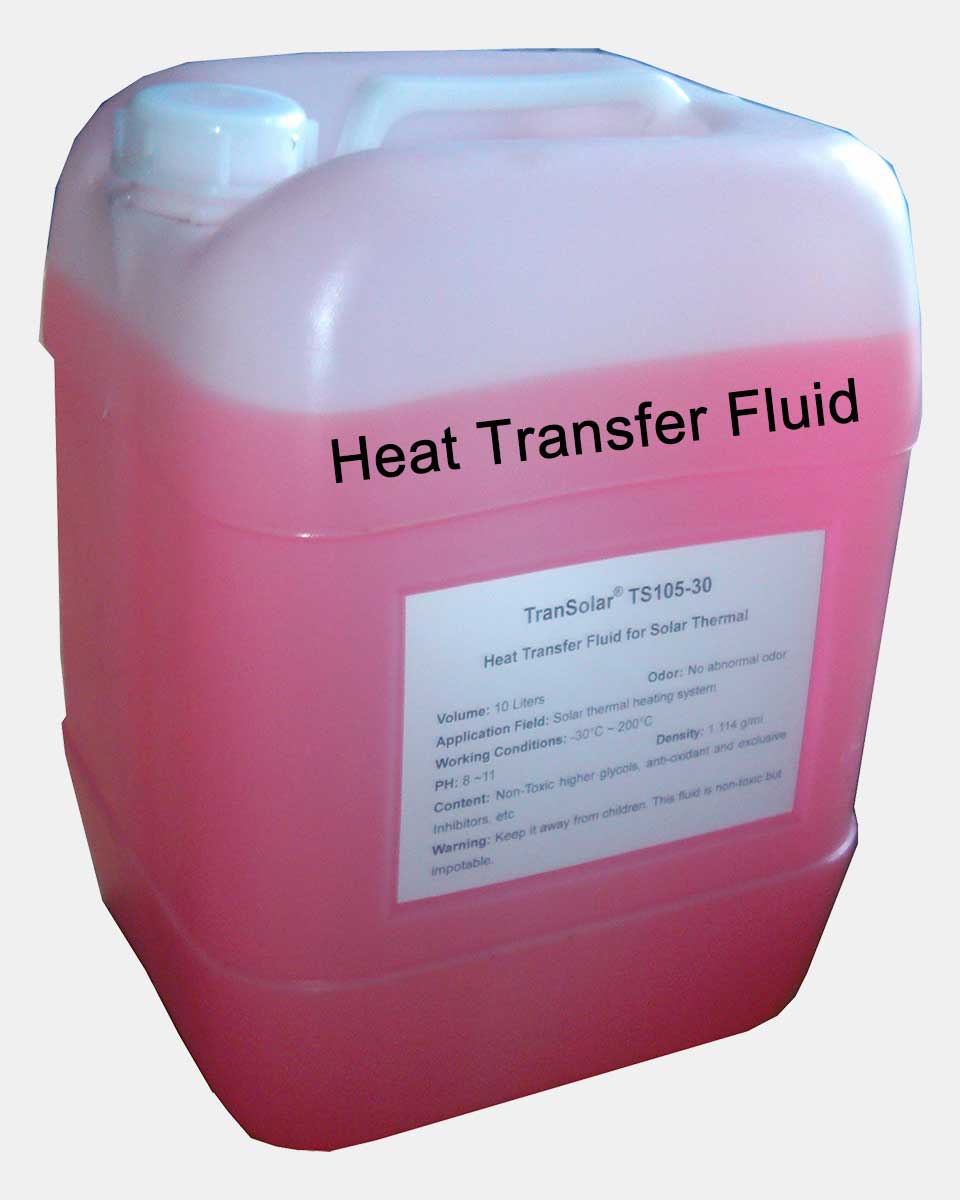Exploring Dielectric Cooling Fluid: Vital Properties and Benefits in Electronic Equipment
Exploring Dielectric Cooling Fluid: Vital Properties and Benefits in Electronic Equipment
Blog Article
Why Choosing the Right Heat Transfer Fluid Is Crucial for Optimal System Efficiency
Picking an appropriate warm transfer liquid is a crucial decision that can significantly affect system effectiveness and functional prices. As the effects of this choice extend much beyond instant performance, understanding the subtleties of liquid option becomes crucial for any person looking to attain ideal system performance.
Significance of Heat Transfer Fluids
What role do heat transfer liquids play in commercial procedures? Warm transfer fluids are important for the effective transfer of thermal energy within different industrial systems.
The option of warm transfer liquid can considerably affect energy safety, efficiency, and devices longevity. Fluids must can enduring high temperature levels and pressures without breaking down, along with display marginal volatility and reduced poisoning. Their efficiency straight impacts not only the performance of the system but likewise its operational prices.
Moreover, warmth transfer fluids play a critical role in keeping procedure control, ensuring that temperature changes are minimized. This is especially vital in sensitive applications such as pharmaceuticals and petrochemicals, where accurate temperature level monitoring is crucial. Generally, the importance of choosing the best warmth transfer fluid can not be overemphasized, as it is indispensable to maximizing industrial procedures and boosting overall system performance.
Trick Quality to Consider
When picking a warmth transfer liquid, which essential residential or commercial properties should be prioritized to guarantee optimal performance? First and leading, thermal conductivity is essential; a fluid with high thermal conductivity will successfully move warmth, decreasing energy loss. In addition, the specific heat ability of the liquid is important, as it figures out exactly how much energy the fluid can save and launch, influencing general system responsiveness.
Thickness is an additional considerable home to take into consideration, as it affects the fluid's circulation features; reduced thickness liquids are typically preferred for much easier circulation and reduced pumping power. The liquid's temperature level variety is equally essential; it has to execute efficiently within the functional temperatures of the system without deteriorating or vaporizing.
Chemical security is important to prevent deterioration over time, which can bring about system ineffectiveness and possible failings - thermal oil. Compatibility with system products need to not be ignored to avoid deterioration or damages to parts. Ultimately, think about the ecological influence and security account of the liquid, as laws and sustainability objectives significantly affect liquid option. By focusing on these essential buildings, one can pick a heat transfer liquid that improves system durability and reliability.

Impact on System Efficiency
The option of warmth transfer fluid straight influences system performance, influencing both power usage and functional efficiency. A liquid's thermal conductivity, thickness, and warm ability play critical roles in how successfully it moves warmth within a system. Ideal fluid properties make sure that warm is absorbed and distributed effectively, lessening energy losses and enhancing the general efficiency of the system.

Furthermore, the compatibility of the fluid with system products can substantially impact efficiency. A liquid that creates rust or degradation can cause leaks and system failings, further decreasing effectiveness. In recap, the appropriate warm transfer liquid not just makes best use of power performance and reduces costs but additionally improves the integrity and longevity of the system, making it an essential consideration for designers and decision-makers in thermal monitoring applications.
Typical Sorts Of Heat Transfer Fluids
A range of warmth transfer liquids are generally employed in thermal management systems, each with unique residential or commercial properties suited to details applications. Water is among the most commonly used heat transfer fluids due to its high particular warm capacity, inexpensive, and accessibility. However, its cold factor limits its use in low-temperature applications.
Thermal oils, typically stemmed from oil, are an additional popular selection, especially in high-temperature systems. These liquids can run More Help at elevated temperatures without evaporating, making them perfect for commercial applications. They might have constraints concerning thermal stability.
Refrigerants, used primarily in cooling systems, have unique thermodynamic properties that permit for reliable warm transfer at low temperatures. Their option is crucial to make sure effectiveness and compliance with environmental regulations.

Additionally, phase modification materials (PCMs) are obtaining grip for their capability to absorb and launch substantial amounts of warm throughout stage transitions, using an one-of-a-kind option for thermal energy storage space. Each fluid's details characteristics have to be assessed for ideal efficiency.
Best Practices for Option
Choosing the proper warmth transfer liquid entails cautious consideration of several essential aspects that line up with the particular demands of the application. Second, consider the fluid's thermal conductivity, which impacts warmth transfer rates; greater thermal conductivity typically leads to improved performance.
Furthermore, review the liquid's thickness, as it influences pumping power see post and total system efficiency. Reduced viscosity fluids normally reduce energy usage throughout blood circulation. Compatibility with system materials is one more critical aspect; ensure that the fluid does not create rust or degradation of elements and pipes.
Next, take into consideration the fluid's stability and durability, especially in high-temperature applications. A stable liquid minimizes upkeep and replacement prices. Ecological and safety laws must lead your choice procedure, emphasizing environmentally pleasant and non-toxic alternatives when feasible.
Final Thought
In conclusion, picking the appropriate heat transfer fluid is crucial for accomplishing optimal system efficiency. The appropriate fluid improves thermal conductivity, minimizes power losses, and advertises tools longevity, ultimately causing better system dependability and performance. Comprehending the essential residential properties and impacts of different fluids on system efficiency is her explanation critical for informed decision-making. Complying with best methods in liquid choice can lead to significant lasting price financial savings and functional performance.
Warmth transfer liquids are crucial for the efficient transfer of thermal power within various commercial systems. In addition, the particular warmth ability of the liquid is essential, as it figures out how much power the fluid can keep and launch, influencing total system responsiveness.
Take into consideration the ecological impact and security account of the fluid, as guidelines and sustainability objectives significantly affect fluid choice - propylene glycol. A fluid's thermal conductivity, viscosity, and warmth ability play crucial duties in how efficiently it transfers warmth within a system. Water is one of the most commonly made use of warmth transfer fluids due to its high particular warm capability, reduced expense, and schedule
Report this page